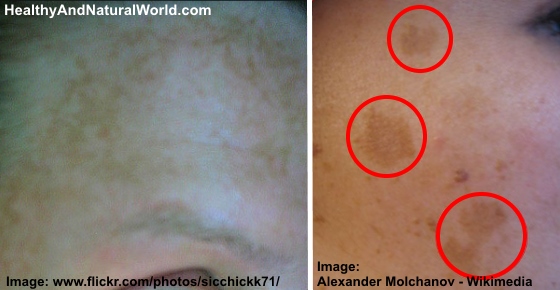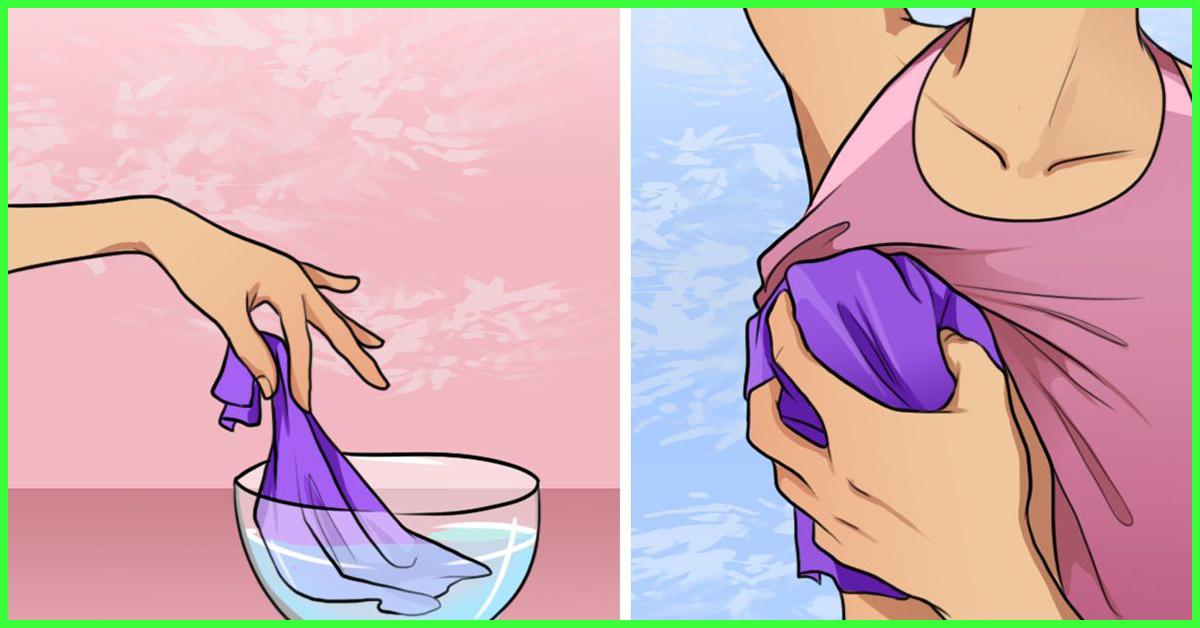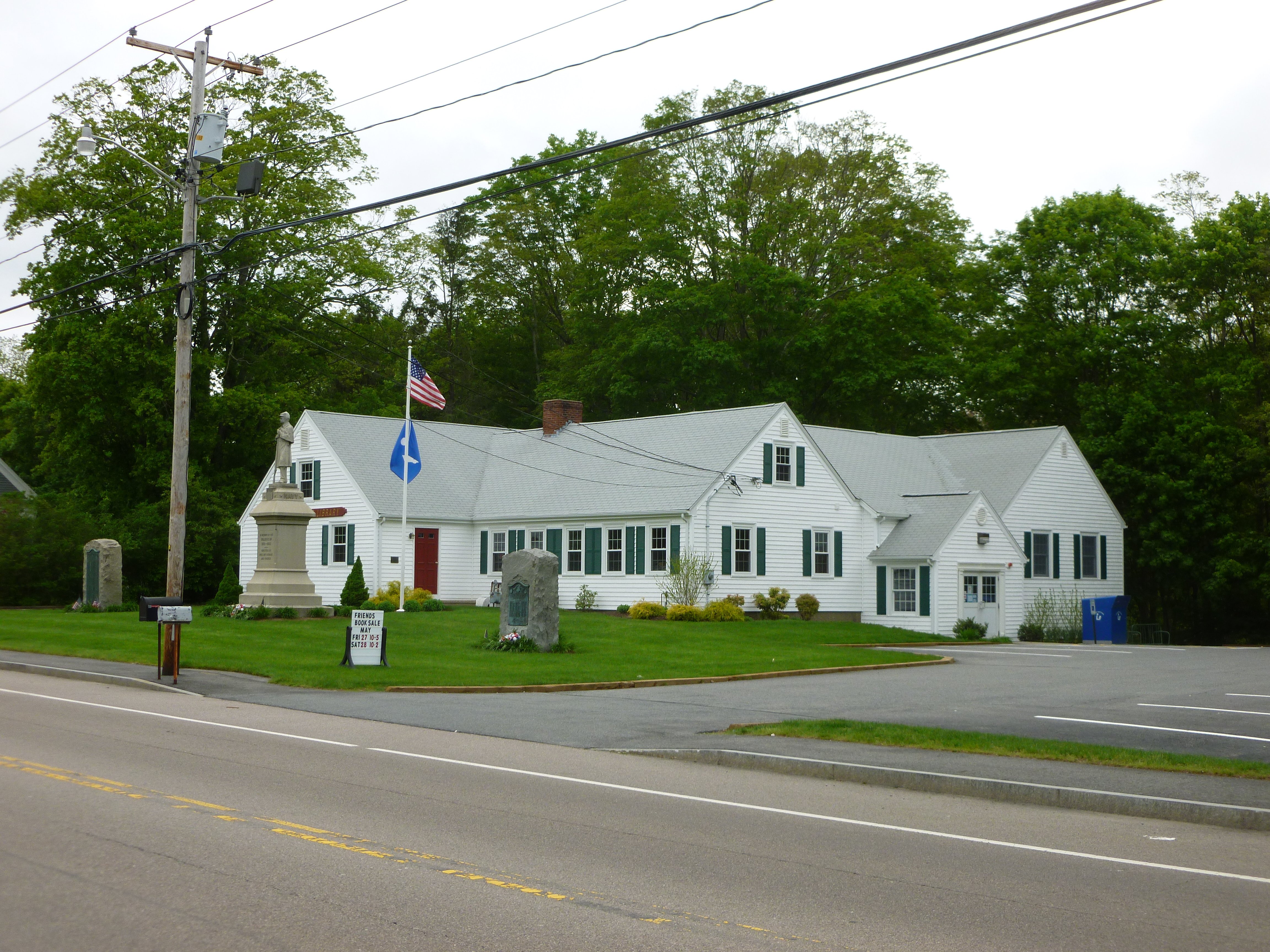Table of Content
Some home remedies are popular, but should in fact be avoided, as they can irritate or damage skin. Do not pick, squeeze, or pop the pimples as it can cause scars and increase the risk of infection. Moreover, avoid combing over the pimple as it can scrape it. Mix a few drops of jojoba oil in your shampoo and use it as usual.

This pocket guide will cover common ailments and help you save money by avoiding mass-produced chemical products. You can save money and energy by trying one or more of these remedies. Mixing small amounts of water with turmeric powder creates a thick paste. The home remedy recommendation is to apply this paste directly to the cystic acne and leave it in place for about 45 minutes, before rinsing it off with water.
Moisturize with aloe vera
It helps clarify and soothe your scalp, removes all buildup, and leaves your hair fresh and shiny. It is also used to remove dead skin cells for the scalp and restore the pH balance of scalp while giving a shine to your hair. This is really what you need to do if you want to treat scalp pimples thoroughly .

Proponents suggest repeating this process twice per day. Some proponents of home remedies suggest mixing a crushed aspirin tablet with water to make a paste and applying this to a cystic pimple. The belief is that this mask may help reduce pain and inflammation. Zinc can be used topically or taken in supplement form. You can buy zinc supplements in health stores and pharmacies; topical products include gel, cream or ointment forms.
Prepare an apple cider vinegar hair rinse
A person may wish to make a note of any hair products they are using in case they might be the cause of their scalp acne. Scalp hygiene plays an essential role in avoiding clogged pores. A person can try washing their hair whenever it starts to feel oily and after every workout. A person may need a topical, medicated treatment for their scalp acne. Always talk with a doctor before using natural remedies for severe, chronic, deep, or painful acne sores. Likewise, speak with a doctor about minor acne sores that do not respond to primary care or continue to get worse.
Most participants experienced significant improvement in their acne by the end of the study. Green tea is very high in antioxidants, and drinking it can promote good health. Tea tree oil is an essential oil that’s extracted from the leaves of Melaleuca alternifolia, a small tree native to Australia. It’s also important to note that applying zinc to the skin has not been shown to be effective. This may be because zinc is not effectively absorbed through the skin.
Make a spot treatment with tea tree oil
It’s relatively well studied compared with other natural treatments for acne. After cleansing, gently apply the mixture to the skin using a cotton ball. While certain components of apple cider vinegar may help with acne, there’s currently no evidence to support its use for this purpose. Some dermatologists advise against using apple cider vinegar at all, as it may irritate the skin.

Jasmine essential oil helps in case of skin breakouts and scalp infections. What you need to do is add some drops of jasmine essential oil to grape seed oil and apply this mixture every night. This will not only reduce your acne and irritation but also will soothe your scalp and maintain the pH balance of your scalp. This is one of the strongest and traditionally used antiseptic which goes a long way in treating scalp acne and infections. It relieves you from scalp inflammation and pain too. To use Indian lilac or neem, first boil the neem leaves and then make a fine paste.
Honey is a safe home remedy for acne and is generally suitable for all skin types. Although rare, some people with pollen allergies may have reactions to honey. An allergic reaction causes stinging on the skin, dizziness or nausea.

Like salicylic acid, aspirin has strong anti-inflammatory properties, which can reduce the swelling and redness caused by inflammation. "However, aspirin does not have the same oil removing and exfoliating effects as salicylic acid," Zeicher says. Acne is a common skin condition that can occur when your pores become clogged with oil and dead skin, or are infected by bacteria. As many as 85% of young adults between 12 and 24 in the US have acne. The active ingredients can vary from herbal remedy and herbal medicine. Consult a qualified herbalist to ensure you are buying safe products.
Coconut oil, lavender essential oil, honey and gentle exfoliation can also help prevent scars, depending on your skin tone and texture. To naturally help treat acne scars you can make a paste of raw honey, lavender essential oil, tea tree oil and frankincense oil. Check out my recipe for a homemade acne scar removal face mask.

Sea salt, brown sugar and ground oatmeal are good choices. These bases help to fight bacteria, fungi and candida overgrowth on the skin while the textured ingredients help to unplug pores and remove dead skin. Additionally, a 2015 study found that rose petal extract has some antibacterial properties.
As you know, if your scalp is infected with fungus, you are susceptible to scalp pimples. If you do not clean your scalp, you will create favorable conditions for the fungus to grow. The sweat secreted along with the dead cell layers on the scalp will help the fungal growth, causing scalp pimples. Your scalp is basically skin that can be prone to acne just like the rest of your body.
What you eat affects many aspects of health — including your skin. Here are 12 foods and beverages to add to your diet for better skin health. Apple cider vinegar has a variety of uses and many claimed health benefits.



















